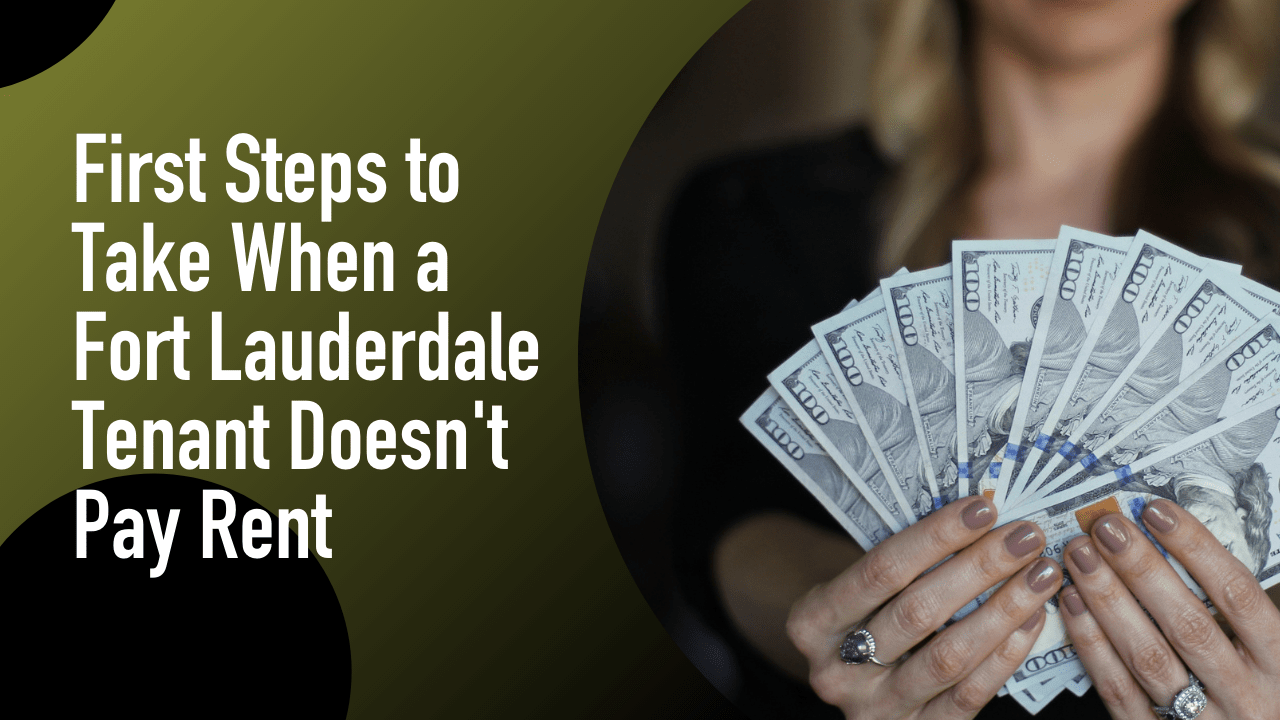You can avoid late rent payments with a solid screening process. Even good tenants who are well-qualified face money issues from time to time. But, if you screen them to be sure they earn enough income and have no history of evictions, you’re in a stronger position when it comes to collecting rent on time.
Working with professional Jacksonville property managers can also help. Tenants know they won’t get away with late rental payments when a professional management company is responsible for collecting that rent. If you’d like to hear more about how we can help, contact us at Florida Property Management Services.















